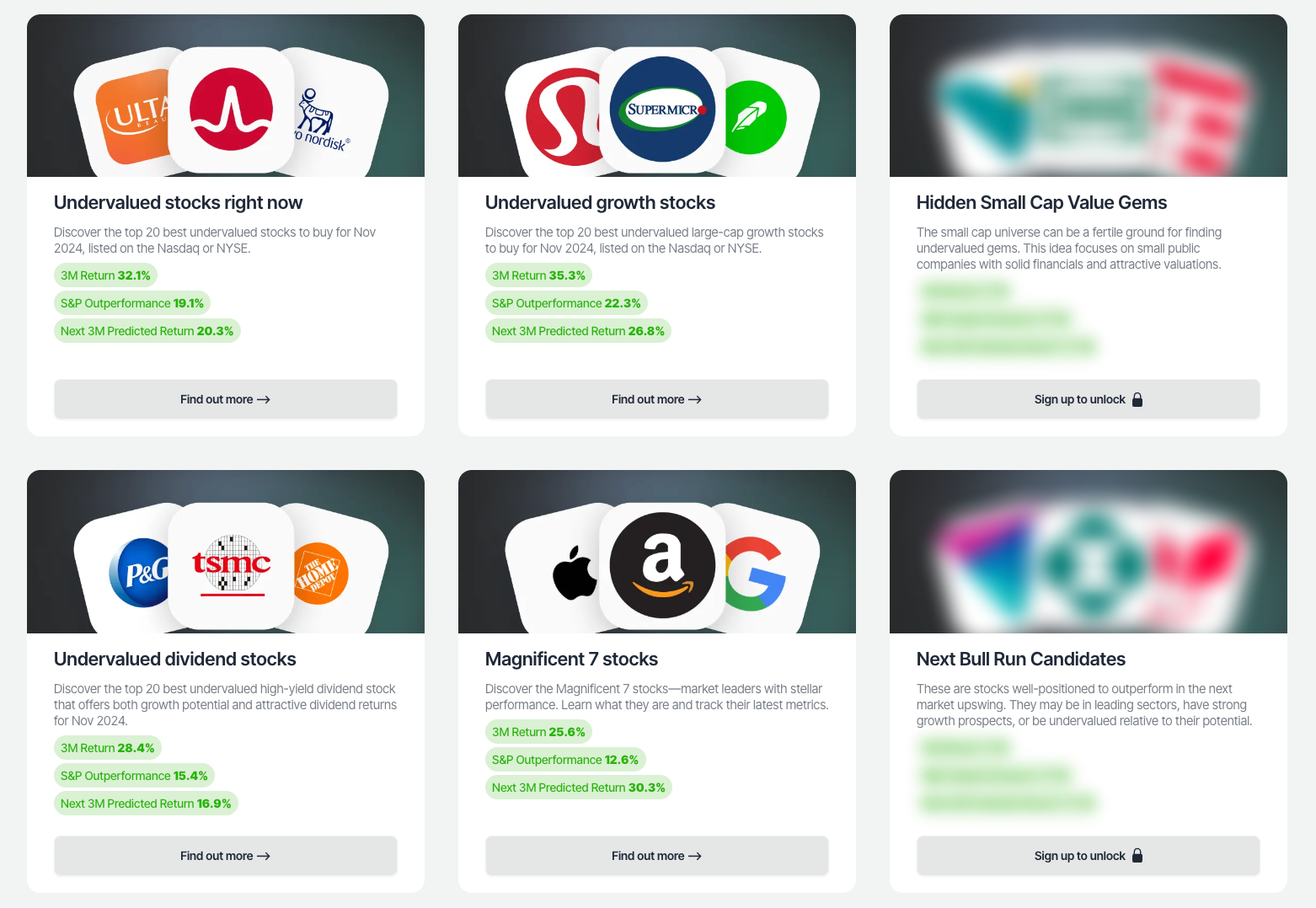Outstanding Shares
Welcome to the Value Sense Blog, your resource for insights on the stock market! At Value Sense, we focus on intrinsic value tools and offer stock ideas with undervalued companies. Dive into our research products and learn more about our unique approach at valuesense.io.
Explore diverse stock ideas covering technology, healthcare, and commodities sectors. Our insights are crafted to help investors spot opportunities in undervalued growth stocks, enhancing potential returns. Visit us to see evaluations and in-depth market research.
What is Outstanding Shares?
Outstanding Shares refer to the total number of shares of a company’s stock that are currently owned by all its shareholders, including institutional investors and company insiders.
How do you interpret Outstanding Shares?
Outstanding Shares reflect the ownership structure and potential dilution. An increase might suggest dilution, while a decrease could indicate share buybacks, which may impact share value.
How to Calculate Outstanding Shares?
Outstanding shares are determined by subtracting the number of treasury shares (shares repurchased and held by the company) from the total issued shares.
Outstanding Shares = Issued Shares - Treasury Shares
where
- Issued Shares refers to the total number of shares the company has issued to date.
- Treasury Shares are the shares the company has repurchased and holds in its own treasury.
Why is Outstanding Shares important?
Outstanding shares are important for investors because they affect many financial ratios, including earnings per share (EPS), which is a critical measure of profitability. Additionally, they help determine market capitalization, which is used to assess a company's size and value.
How does Outstanding Shares benefit investors?
Investors use the number of outstanding shares to calculate key metrics such as EPS and market capitalization. These shares influence a company's stock liquidity, and changes in outstanding shares (through stock buybacks or issuance) can impact an investor’s ownership percentage and the stock's performance.
Using Outstanding Shares to Evaluate Stock Performance
Changes in the number of outstanding shares, through stock buybacks or issuance, can significantly impact stock performance. Buybacks reduce the number of shares, increasing EPS and potentially boosting the stock price. Issuances dilute ownership and may put downward pressure on the stock price unless offset by growth.
FAQ about Outstanding Shares
What is a Good Outstanding Shares?
There is no "good" number of outstanding shares; it depends on the company’s size, industry, and stage of growth. Larger companies tend to have more outstanding shares, while smaller or newly public companies may have fewer.
What Is the Difference Between Metric 1 and Metric 2?
Outstanding shares are the total number of shares currently held by investors, whereas issued shares refer to the total number of shares a company has created, including those held as treasury stock.
Is it bad to have a negative Outstanding Shares?
A high number of outstanding shares can dilute EPS and reduce individual ownership stakes, which could negatively affect investor sentiment. However, it’s not necessarily bad if the company maintains strong earnings growth.
What Causes Outstanding Shares to Increase?
Outstanding shares increase when a company issues new shares, such as during public offerings or employee stock option exercises. They decrease when a company repurchases shares and holds them as treasury stock.
What are the Limitations of Outstanding Shares?
It does not directly measure company profitability or performance. Changes in outstanding shares can obscure the actual growth in earnings or revenue if investors focus solely on EPS or market capitalization.
When should I not use Outstanding Shares?
Outstanding shares may be less relevant for evaluating private companies or entities with unique capital structures, such as partnerships, where shares are not publicly traded.
How does Outstanding Shares compare across industries?
Companies in capital-intensive industries, such as manufacturing, may have fewer outstanding shares relative to service-based companies, which often have larger outstanding share counts due to higher reliance on equity financing.
Explore More Investment Opportunities

For investors seeking undervalued companies with high fundamental quality, our analytics team provides curated stock lists:
📌 50 Undervalued Stocks (Best overall value plays for 2025)
📌 50 Undervalued Dividend Stocks (For income-focused investors)
📌 50 Undervalued Growth Stocks (High-growth potential with strong fundamentals)
🔍 Check out these stocks on the Value Sense platform for free!
